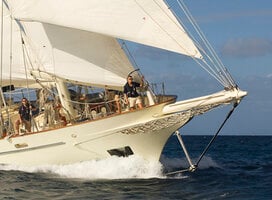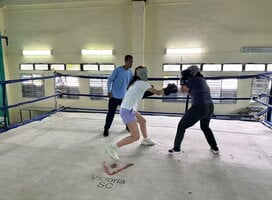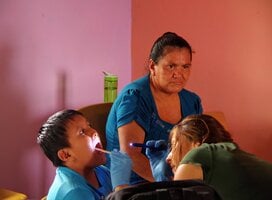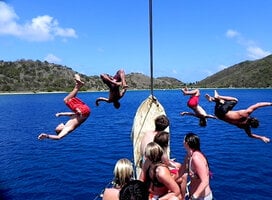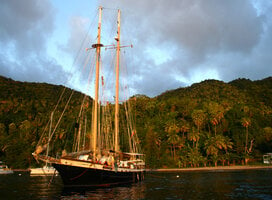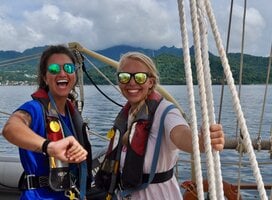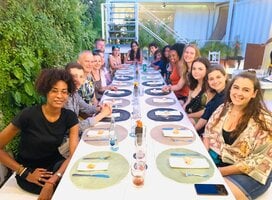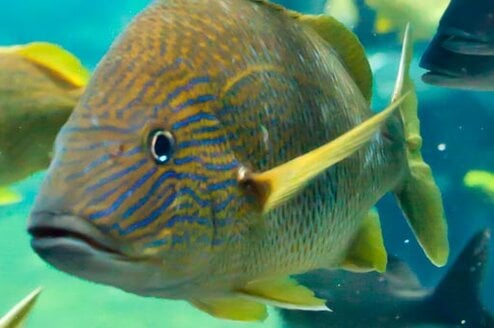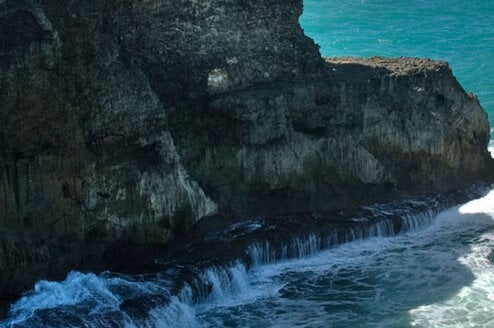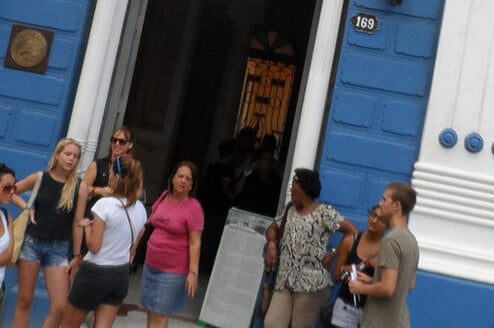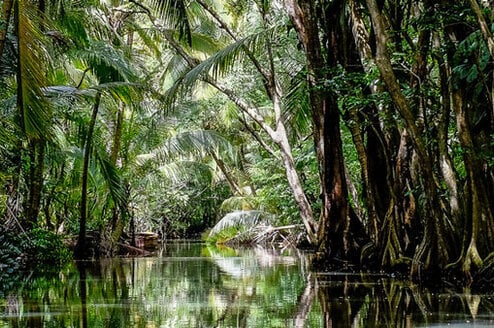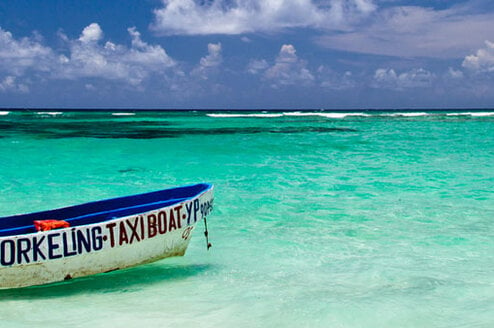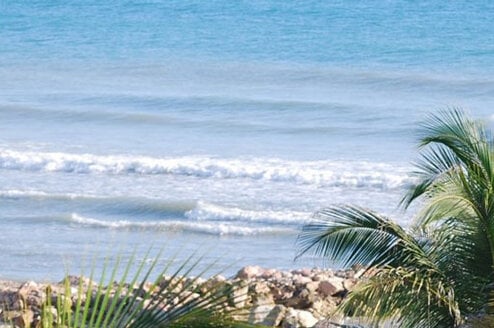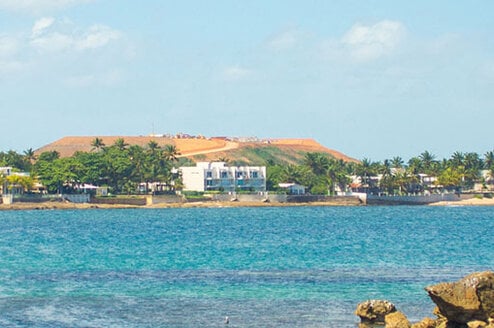Study Abroad in Bonaire
If you’ve ever felt the desire to run away to a pristine tropical paradise while still pursuing your education, studying abroad in Bonaire could be the perfect option for you. Located in the Dutch Antilles in the Caribbean, Bonaire is a volcanic island with a unique ecosystem and an incredible coral reef. Top-notch programs in marine and coastal ecosystems take advantage of the beautiful natural setting, where you can find everything from iguanas and sea turtles to parrots and flamingos.
If you’re interested in studying ecology, marine biology, or conservation, this could be your ideal destination. Grab your scuba gear and dive in!
At Go Overseas, we strive to provide the most comprehensive program and study abroad listings available. At this time, we are only able to find a few study abroad opportunities in Bonaire, listed below. You can read this full guide to studying abroad in Bonaire, or use the Search page to explore other study abroad opportunities.
Most study abroad programs in Bonaire are based in the capital city of Kralendijk. Because Bonaire is a small island -- you can drive the entire length of it in just over an hour -- you should have ample time to explore everything that the island has to offer no matter the duration of your program there.
Marine Ecology
The ecology of a living coral reef is incredibly beautiful and complex, and there’s no better place to study it than in the warm Caribbean waters surrounding Bonaire. Take scientific dives to study everything from coral to shellfish to sea turtles, and gain firsthand experience researching an intact tropical marine ecosystem!
Environmental Conservation
Intact tropical reef ecosystems are unfortunately rare, and learning more about their conservation is a global priority. The pristine coral reefs of Bonaire provide the perfect classroom for studying how human activities impact marine life, and how to preserve these incredible ecosystems for generations to come.
How to Choose a Study Abroad Program in Bonaire
The majority of programs in Bonaire focus on marine biology, ecology, and conservation. As you look at different programs, you’ll want to make sure that the program is accredited and that any college credits that you earn will be accepted by the college or university where you’re typically enrolled.
Some programs in Bonaire, particularly those that focus on monitoring coral reef ecology, will require you to be scuba certified prior to beginning your program.
Housing
Housing is typically included in the cost of programs in Bonaire. Depending on which program you choose, you may stay in a dorm-style residence hall, or you may stay at a local hotel or resort. Some meals may be included as well, but you should anticipate being responsible for most of your own food costs.
Visas
For US citizens, no visa is currently needed to visit Bonaire for periods of up to 180 days. For citizens of other countries, it’s a good idea to check with your local Dutch consulate to make sure that you meet all of the visa requirements.
Social Life & Student Culture
The social scene in Bonaire is low-key, primarily centered around the island’s hotels, bars, and restaurants. You can find a variety of cuisines and a local distillery on the island, but because there’s no mass tourism there you won’t find anything as glitzy as you might find on other islands in the Caribbean.
Health & Safety
Bonaire is a fairly safe country, though you should still use your basic street smarts that you would use for traveling to any new destination. Travelers have reported some incidents of petty theft on the island. There are also known drug smuggling activities on the island, but these most frequently do not affect travelers—just don’t accept any mysterious packages to take back to your home country, and you should be fine.
For health, make sure that you get any vaccines recommended by the CDC before you travel. If you take prescription medications, bring a sufficient supply for the duration of your stay, clearly labeled and preferably in the original packaging. Zika virus is currently a risk for all destinations in Central America and the Caribbean, so you may not want to travel to this region if you’re currently pregnant.
In addition, it’s normal to experience an upset stomach when traveling to any new location. You may wish to bring your favorite stomach remedy with you from your home country.
It is safe to drink the tap water in Bonaire.
Typical Program Costs
Typical program costs include the college-level instruction, housing, and programming on the island. Depending on your program, some food costs may be covered as well. Flights are not generally included in the program costs.
For Bonaire specifically, many programs require you to have or rent scuba gear for the duration of the program. Gear rental isn’t usually included in the program costs, so you will need to factor this into your study abroad budget. For a short-term study program that involves just a week on the island, you can expect to pay around $4,000 to $5,000. For a semester-long trip, you can expect to pay upwards of $20,000.
Funding Options
Check with both the study abroad program and with the college or university that you’re enrolled in to ask about funding options. There may be financial aid packages available, in the form of either grants or loans.
Scholarships
While there are no specific scholarships for study abroad in Bonaire, some individual schools and programs have study abroad scholarship options. In addition, you can use our guide to grants and scholarships to find additional creative opportunities for funding your adventures!
